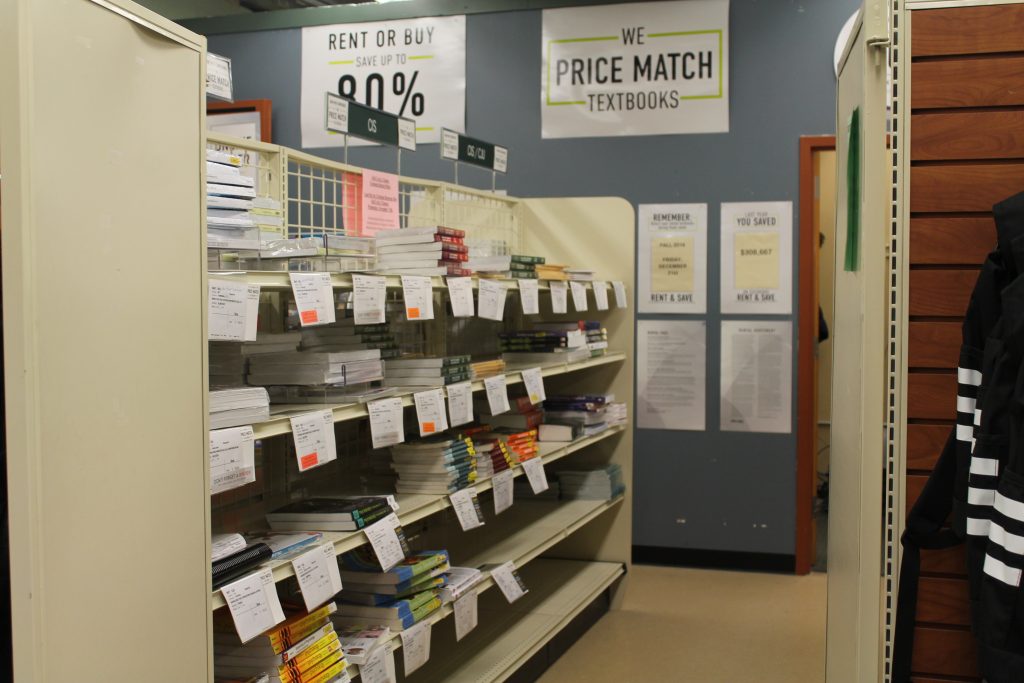By Gabriela Villa | Observer Contributor

Photo by Cassie Roy
Open Educational Resources provide high-quality teaching, learning, and research materials that are free for people everywhere to use and repurpose.
“The main benefit of OER is that it saves students money,” said Ellen Pratt, Distance Education and Outreach Librarian.
“There is a push across the country to create degree programs that have zero course material cost related to them,” said Pratt, who has been working to establish OER for a year and a half. OER is now beginning to replace textbooks in many classes.
“Stipends have been offered to professors to integrate OER into their courses, and many courses are now being taught with the use of OER,” said Pratt. “With a textbook, faculty is limited to using only what is in the textbook, but with OER they can create their own textbook,” Pratt said.
“True OER should allow the teacher to be able to remix, reuse, revise, and redistribute the material,” Pratt said. The logic behind this is that if it’s truly free, then it is free to be used in any way, so it should be out there for others to revise, reuse or redistribute it.
“It is continually evolving to address concerns or criticisms, in order to be what it intends to be, which is a social justice endeavor,” Pratt noted. Students who are economically challenged can still be prepared with their OER textbook on the first day of classes, which increases their chances of succeeding.
“According to student learning needs, many OER formats can be made larger or double-spaced for accessibility,” said Pratt. The texts also come available in many formats that are compatible with audio readers.
“There has been more of a focus on OER material in introductory courses, but it’s expanding to include more specialized courses,” Pratt said. Teachers often think their course subject won’t be available in the form of OER, but often it requires more than a basic Google search. Pratt suggested searching for a particular module topic or theory instead of the course title. She also suggested putting OER in quotation marks. Pratt stated that just a section of a course may be available and teachers can use that to supplement their course.
“One misconception about OER is that it’s not as good as the publisher’s version; that ancillary materials are only available through the publisher’s version,” Pratt said. But OER includes modules, assignments, tests, and other supporting materials for classes.
“OER is constantly evolving and improving,” Pratt said. Whenever OER surveys are done, if there is a critical flaw that stands out, OER seeks to address it.
Comments are closed.